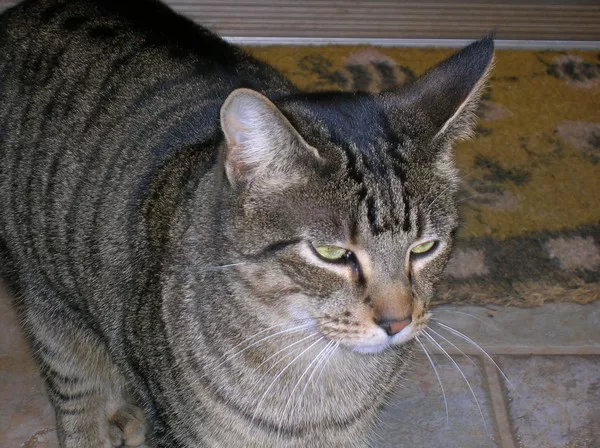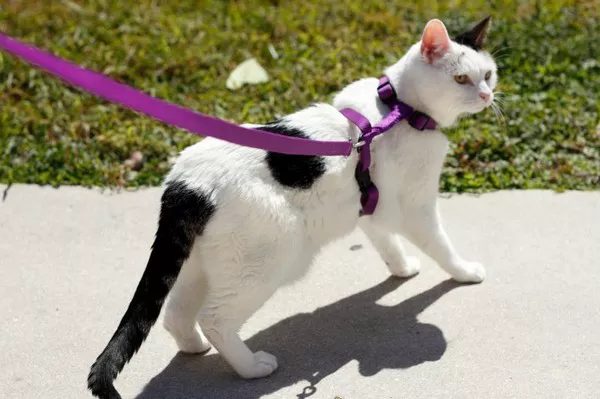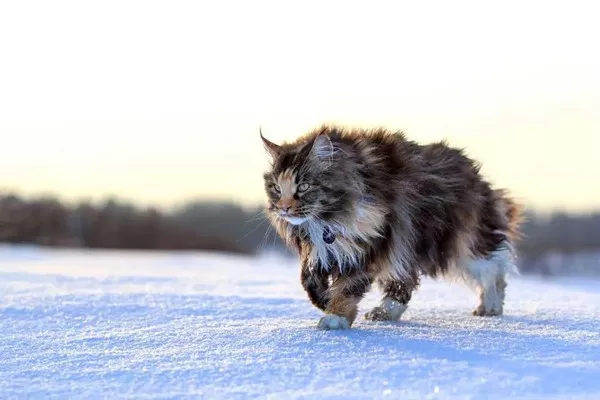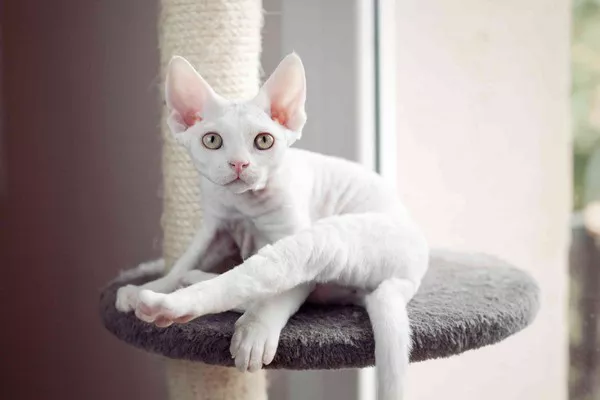Cats, beloved companions to millions of people around the world, have dietary needs that differ from their human counterparts. While cats are obligate carnivores, meaning their diet primarily consists of meat, they may occasionally show interest in human food. However, not all human foods are safe or suitable for feline consumption. In this comprehensive guide, we’ll delve into the topic of what human foods cats can eat, providing insight into safe options, potential risks, and best practices for incorporating human food into a cat‘s diet.
Understanding Feline Nutrition: The Basics
Before we explore specific human foods that cats can eat, it’s essential to understand the dietary requirements of felines. Cats are obligate carnivores, which means they require a diet rich in animal-based protein to thrive. In the wild, cats consume prey animals such as mice, birds, and small mammals, which provide essential nutrients such as taurine, an amino acid vital for heart health, and arachidonic acid, an omega-6 fatty acid necessary for skin and coat health.
Safe Human Foods for Cats: A Comprehensive Guide
While cats derive most of their nutrition from commercial cat food formulated to meet their specific dietary needs, they may enjoy occasional treats of human food. However, it’s essential to choose human foods that are safe, nutritious, and suitable for feline consumption. Here are some safe human foods that cats can eat in moderation:
1. Cooked Meat
Cooked meat, such as chicken, turkey, beef, or pork, can be a safe and nutritious treat for cats. Be sure to remove any bones, skin, and excess fat before offering cooked meat to your cat. Meat provides essential protein and amino acids that support muscle health and overall well-being in felines.
2. Fish
Fish, such as salmon, tuna, or mackerel, can be a tasty and nutritious addition to a cat’s diet. However, it’s essential to offer fish in moderation, as excessive consumption can lead to nutritional imbalances and health issues. Additionally, be cautious of fish bones, which can pose a choking hazard to cats.
3. Eggs
Eggs are a rich source of protein and essential nutrients, making them a healthy treat for cats. Offer eggs cooked and scrambled or boiled without added salt or seasonings. Eggs provide amino acids, vitamins, and minerals that support muscle growth, immune function, and overall health in cats.
4. Vegetables
Some cats may enjoy certain vegetables as an occasional treat. Safe options include cooked or steamed vegetables such as carrots, peas, green beans, or pumpkin. Vegetables provide fiber, vitamins, and minerals that can support digestive health and provide added nutrients to a cat’s diet.
5. Plain Yogurt
Plain yogurt can be a nutritious treat for cats, as it contains probiotics that support digestive health. Offer small amounts of plain, unsweetened yogurt as an occasional treat. Avoid flavored or sweetened yogurts, as they may contain added sugars and artificial ingredients that can be harmful to cats.
6. Small Amounts of Cheese
Some cats may enjoy small amounts of cheese as an occasional treat. Offer plain, low-fat cheese in moderation, as excessive consumption can lead to digestive upset. Avoid offering cheese to cats with lactose intolerance, as dairy products may cause gastrointestinal issues in sensitive individuals.
Foods to Avoid: Potential Risks for Cats
While some human foods are safe for cats to eat in moderation, others can be harmful or even toxic to felines. It’s essential to be aware of foods that pose potential risks and to avoid offering them to your cat. Here are some foods to avoid feeding to cats:
1. Chocolate
Chocolate contains theobromine and caffeine, compounds that are toxic to cats and can cause symptoms such as vomiting, diarrhea, rapid breathing, and even seizures or death. Keep chocolate and other caffeinated products out of reach of cats at all times.
2. Onions and Garlic
Onions, garlic, and other members of the allium family contain compounds that can damage red blood cells in cats, leading to anemia and other health issues. Avoid feeding onions, garlic, or foods containing these ingredients to cats, as even small amounts can be toxic.
3. Grapes and Raisins
Grapes and raisins can cause kidney failure in cats, even in small amounts. Avoid feeding grapes, raisins, or foods containing these ingredients to cats, as ingestion can lead to symptoms such as vomiting, diarrhea, lethargy, and decreased urine output.
4. Xylitol
Xylitol is a sugar substitute commonly found in sugar-free gum, candies, and other products. Ingestion of xylitol can cause a rapid release of insulin in cats, leading to hypoglycemia (low blood sugar), seizures, and liver failure. Keep products containing xylitol out of reach of cats at all times.
5. Alcohol
Alcohol is toxic to cats and can cause symptoms such as vomiting, diarrhea, difficulty breathing, and even coma or death. Avoid offering alcoholic beverages or foods containing alcohol to cats, as ingestion can lead to severe health complications.
Best Practices for Offering Human Foods to Cats
When offering human foods to cats, it’s essential to do so in moderation and as part of a balanced diet. Here are some best practices for incorporating human foods into a cat’s diet:
1. Offer human foods as occasional treats, rather than as a primary source of nutrition.
2. Avoid feeding foods that are high in salt, sugar, or fat, as they can lead to obesity and other health issues in cats.
3. Monitor your cat for any signs of adverse reactions or digestive upset after consuming human foods, and discontinue offering them if any issues arise.
4. Consult with your veterinarian before introducing new foods to your cat’s diet, especially if your cat has any underlying health conditions or dietary restrictions.
Conclusion: Navigating Feline Nutrition
In conclusion, while cats derive most of their nutrition from commercial cat food formulated to meet their specific dietary needs, they may enjoy occasional treats of human food. It’s essential to choose human foods that are safe, nutritious, and suitable for feline consumption, while avoiding foods that pose potential risks or are toxic to cats. By following best practices and offering human foods in moderation, cat owners can provide their feline companions with tasty and nutritious treats that complement their overall diet and contribute to their health and well-being.



























